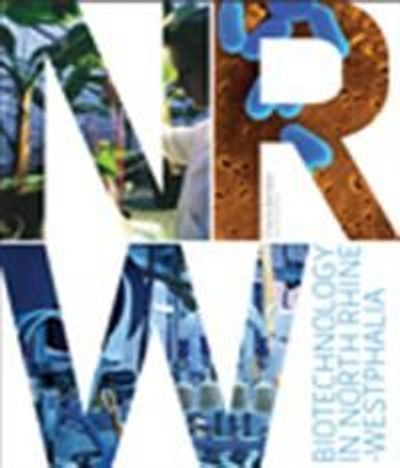Tap the full potential
Politicians need to further strengthen the research base in North Rhine-Westphalia.

Research on the economics of progress suggests that successful technology policy should simultaneously take two complementary routes. First, by shaping the general environment of education, research, and knowledge transfer to be open, competitive, and financially well endowed, sound technology policy lays the foundation for the success of individuals and the ascent of new technologies. Using this approach, it is left to the market to determine which ideas are worthwhile to pursue and which are not. Second, by supporting selected technologies directly, technology policy can foster the development of enterprises and industry branches considered to be of major strategic importance for future economic prosperity. In North Rhine-Westphalia (NRW), a particularly important application of this second policy is biotechnology, in particular, industrial and pharmaceutical biotechnology.
This seems appropriate since expertise in the field of biotechnology is regarded by most observers as a prerequisite to making substantial gains in prosperous markets. With the possible exception of nanotechnology, no other field addressed directly by current technology policy relies more heavily on the interaction of universities, research institutes, and economic enterprises. Since biotechnology is still an emerging field, and the initiation phase of a new technology typically provides a window of opportunity, there is indeed a lot to be gained. Support for biotechnology tends to take the form of funding of regional cluster initiatives, and therefore can build upon existing individual strengths and rely on synergy among the members of regional networks.
This strategy mirrors the characteristics of its target industry. The formation of BioRegions in which innovative companies located in close proximity form mutually reinforcing networks, is typical. Some 27 BioRegions have formed so far in Germany. In North Rhine-Westphalia (NRW), the BioRiver region located along the Rhine valley boasts healthy job growth and an increasing number of patents. The speed of progress has been remarkable, helping the region to close the gap on the leading BioRegions of Heidelberg and Munich. Moreover, there are three smaller, albeit promising BioRegions in the Ruhr Valley, around the city of Münster (Westphalia) and in East Westphalia. While BioRegion Munich seems to outperform the other ones in Germany with respect to pharmaceutical biotechnology, BioRiver may have the potential to become very successful in industrial applications of biotechnology.
It is almost impossible to quantify the full effect of technology policy on the development of regional biotechnology initiatives. After all, at least some of these initiatives might have formed in the absence of political support. Nevertheless, it seems obvious that the recent growth in revenue of, and employment by, biotechnology firms is due in part to supportive technology policy, and perhaps even caused by it. In the particular case of NRW, one piece of evidence is the way that this policy is organized, since both at the federal and the state level, competitions have already determined which projects are chosen for funding and continue to do so, thereby weeding out weak competitors.
At the present time, biotechnology has matured into a market that is shaped both by dynamic, "young" enterprises and by established large companies in the chemical industry, in particular the pharmaceutical industry. Yet, more growth is needed, if this industry is to deliver on its promises. A technology policy that aims at tapping the full potential of biotech needs to strengthen the research base in universities and research institutes, weigh the comparative advantages of specific research areas and continue to utilize competitions as selection devices for its funding decisions. These are elements of current technology policy in NRW—but while many hopeful indications exist, only time will tell if we will achieve the success that we are trying to engender today.
Christoph M. Schmidt is the president of the Rhine-Westphalia Institute for Economic Research (RWI Essen) and co-author of the NRW Innovation Report.
Interested in reading more?
